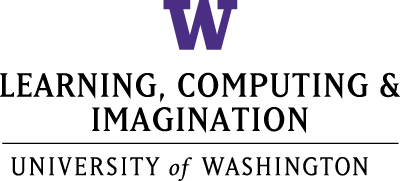Our work in human-centered computing explores and enhances the ways in which people and communities engage with and experience technology.
Our research considers the personal, educational, cultural, and ethical implications of innovation. Drawing upon techniques from human-computer interaction, learning sciences, sensing and more, we aim to maximize the potential benefits of technology while minimizing potential harms to individuals, groups and society.
Groups & Labs

Interactive Data Lab
The Interactive Data Lab aims to enhance people’s ability to understand and communicate data through the design of new interactive systems for data visualization and analysis.

Animation Research Labs (ARL)
The interdisciplinary ARL advances the state of the art in animation through research, teaching, and computer-animated production.
Faculty Members
Centers & Initiatives
The Institute for Medical Data Science (IMDS) is a joint effort among the Schools of Medicine and Public Health and the College of Engineering, including the Allen School to lead the development and implementation of cutting-edge AI and data science methods in medical data science. By harnessing the power of AI across diverse health determinants, IMDS aims to improve patient health, provider satisfaction, and healthcare operations, particularly in the Pacific Northwest region.
LCI (pronounced “Lacey”) is a community of researchers, educators, students who are passionate researchers and practitioners of computing education. Members span the Allen School, Information School, College of Education, Department of Human-Centered Design & Engineering, Department of Communication and eScience Institute.
Highlights
UW College of Arts & Sciences
Ye, who graduated in June with degrees in computer science and philosophy, was recognized by the College of Arts & Sciences for his campus leadership and interdisciplinary research contributions spanning language models, computer vision, human-AI interaction and more.
Computing Research Association
Allen School News







